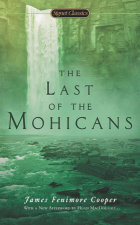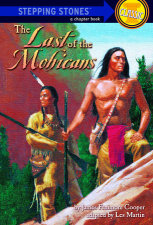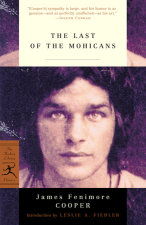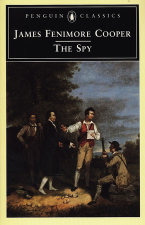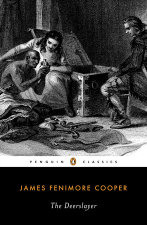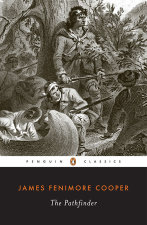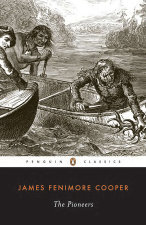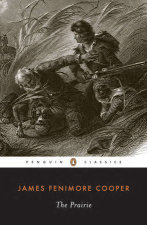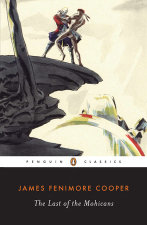Letters and Journals of James Fenimore Cooper

James Fenimore Cooper's magnificent vision of American civilization was probably doomed from the outset. Yet the dream died hard, as the years (1845-1851) recorded in volumes V and VI of his Letters and Journals show. Vigorous and perceptive as ever at 55, he continued to combat forces in the national life that he feared were destroying its civility and constitutional structures. When, finally, he realized that his efforts were barren, he found some solace in religion. Cooper mellowed perceptibly in his later years, and his genius for friendship is perhaps better revealed here than in earlier volumes. And his range of observation remained kaleidoscopic: the Mexican War, the Navy, the French Revolution of 1848, the theatre, and the latest New…
$191.00
August 24, 2004James Fenimore Cooper (1789–1851) was born in Burlington, New Jersey, and his family moved to Cooperstown, New York, while he was still an infant. He attended Yale College until he was expelled for bad behavior. He served in the U.S. Navy, resigning in 1811 to get married. With his story The Pilot (1823), Cooper set the style for a new genre of sea fiction. His most famous novels are the Leather-Stocking Tales including The Pioneers (1823), The Last of the Mohicans (1826), The Prairie (1827), The Pathfinder (1840), and The Deerslayer (1841), featuring the quintessential American hero Natty Bumppo. Cooper, a keen social critic, wrote several well-regarded naval histories.
